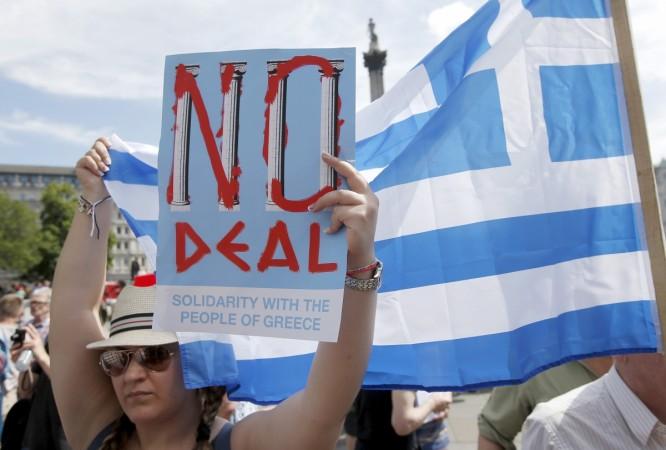
Greek voters on Sunday began casting ballots in a landmark referendum on terms of agreement with creditors on the next deal with the country's lenders.
According to the Greek ministry of internal affairs and administrative reform, about 8.5 million people are eligible to vote in the referendum. It will be considered valid if at least 40 percent of registered voters participate in the vote, TASS news agency reported.
As polling stations opened in the morning, images on TV channels showed young and old voters casting their votes in the ballot boxes.
The polling would determine if Greece would avert a looming disorderly default or exit the eurozone.
It will also decide whether to accept the debt draft deal with international creditors to restart financial aid to the country, or to reject the lenders' programme that requires Greeks to accept further austerity measures and economic reforms.
Greek Prime Minister Alexis Tsipras has urged a "No" vote from citizens, saying it would strengthen the government's hands in debt talks with creditors.
"I call on you to say again a big and proud 'NO' to ultimatum," Tsipras said on Saturday during a rally staged in favour of the "No" vote.
The International Monetary Fund says the Greek debt load is unsustainable and Greece needs a debt relief in exchange for reforms and a new 50-billion euro ($5.5 billion) financial package until 2018 to stay afloat.
A day of the referendum voting, Greek Finance Minister Yanis Varoufakis accused Athens' creditors of "terrorism".
On Thursday, the Leftist leader in an interview said he was confident that the reforms-for-cash debt deal Greece has been seeking for five months with creditors will be reached within 48 hours after Sunday's referendum regardless of the result.
However, European leaders say that such a result may well lead to Greece's exit from the eurozone.
European leaders say a "No" vote could lead to Grexit -- Greece's exit from the eurozone.

















